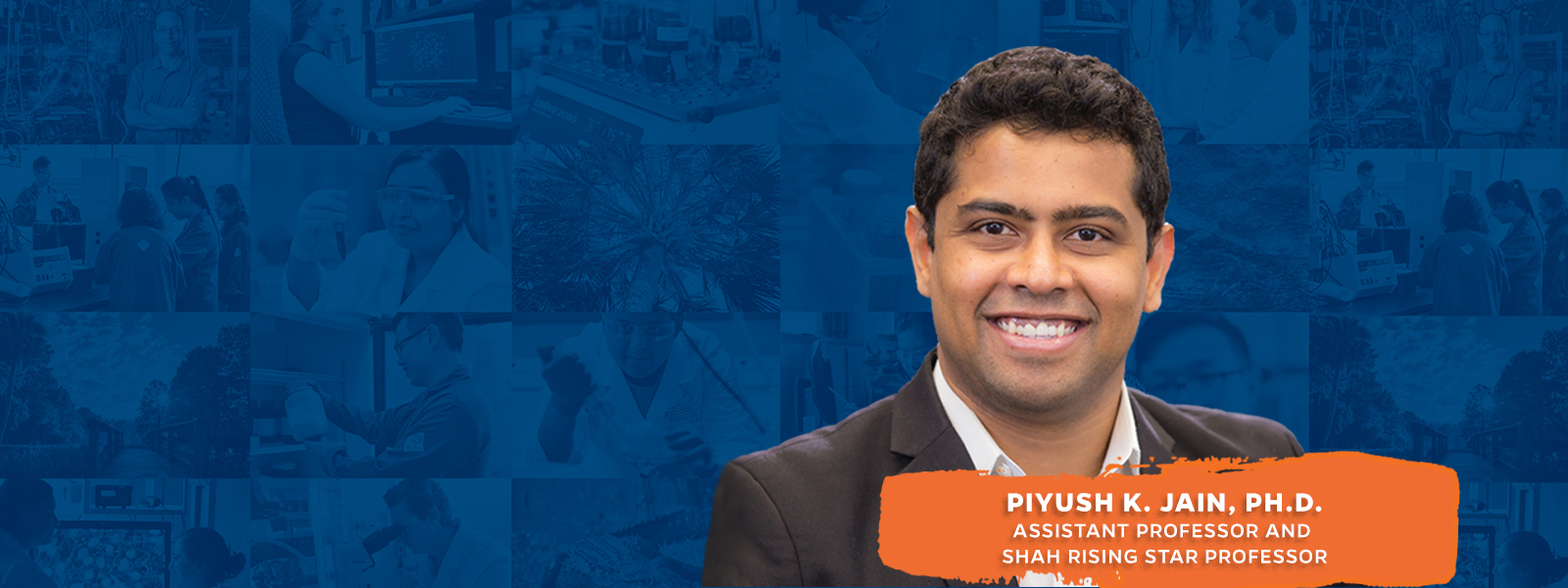Piyush K. Jain, Ph.D., an assistant professor at the University of Florida Department of Chemical Engineering, has received a grant from the National Institute of Health (NIH) National Institute of Allergy and Infectious Diseases (NIAID) to develop an early stage, paper-based point-of-care test to detect the Hepatitis C virus.
In 2017, the World Health Organization (WHO) estimated 71 million people had chronic Hepatitis C Virus (HCV) but 81% of the living patients were unaware of their infection status. In 2016 alone, an estimated 399,000 HCV-related deaths were reported by WHO. The Center for Disease Control (CDC) estimates that between 2013-2016, around 2.1 million people were infected with HCV within the U.S. and only a fraction of them were diagnosed properly.
“Rapid and reliable detection of early-stage HCV would allow quicker intervention and can significantly reduce the risk of death and infection rate,” said Dr. Jain. “An innovative self-testing diagnostic platform for early detection of HCV RNA using engineered type V and VI CRISPR/Cas systems can be created.”
This project outlines a new approach to detect HCV RNA based on engineered CRISPR/Cas12a systems, coupled with a paper-based lateral flow test. This approach will follow the ASSURED (Affordable, Sensitive, Specific, User-friendly, Rapid and robust, Equipment-free and Deliverable to end-users) criteria as recommended by the WHO to make it accessible to those who are resource-constrained.
Dr. Jain’s lab recently published the feasibility of detecting HCV RNA using their engineered CRISPR-ENHANCE system in Nature Communications.
“The development of this rapid diagnostic platform would allow quicker treatment, reduce outbreak and faster response from patients. In the future, this approach would enable detection of co-infections including Tuberculosis (TB), Human papillomavirus (HPV), Human immunodeficiency virus (HIV), and Hepatitus B (HBV), that are the major causes of death in HCV-infected populations,” said Dr. Jain.
Dr. Jain’s Nano-Biomolecular Precision Lab is focused on developing a multi-scale biomolecular engineering platform using nucleic acids chemistry, protein engineering, and nanoengineering. They employ an array of bioanalytical techniques with immediate applications for the detection and treatment of genetic disorders, infectious diseases, and cancer.
Dr. Jain’s lab recently published the feasibility of detecting HCV RNA using their engineered CRISPR-ENHANCE system in Nature Communications.

